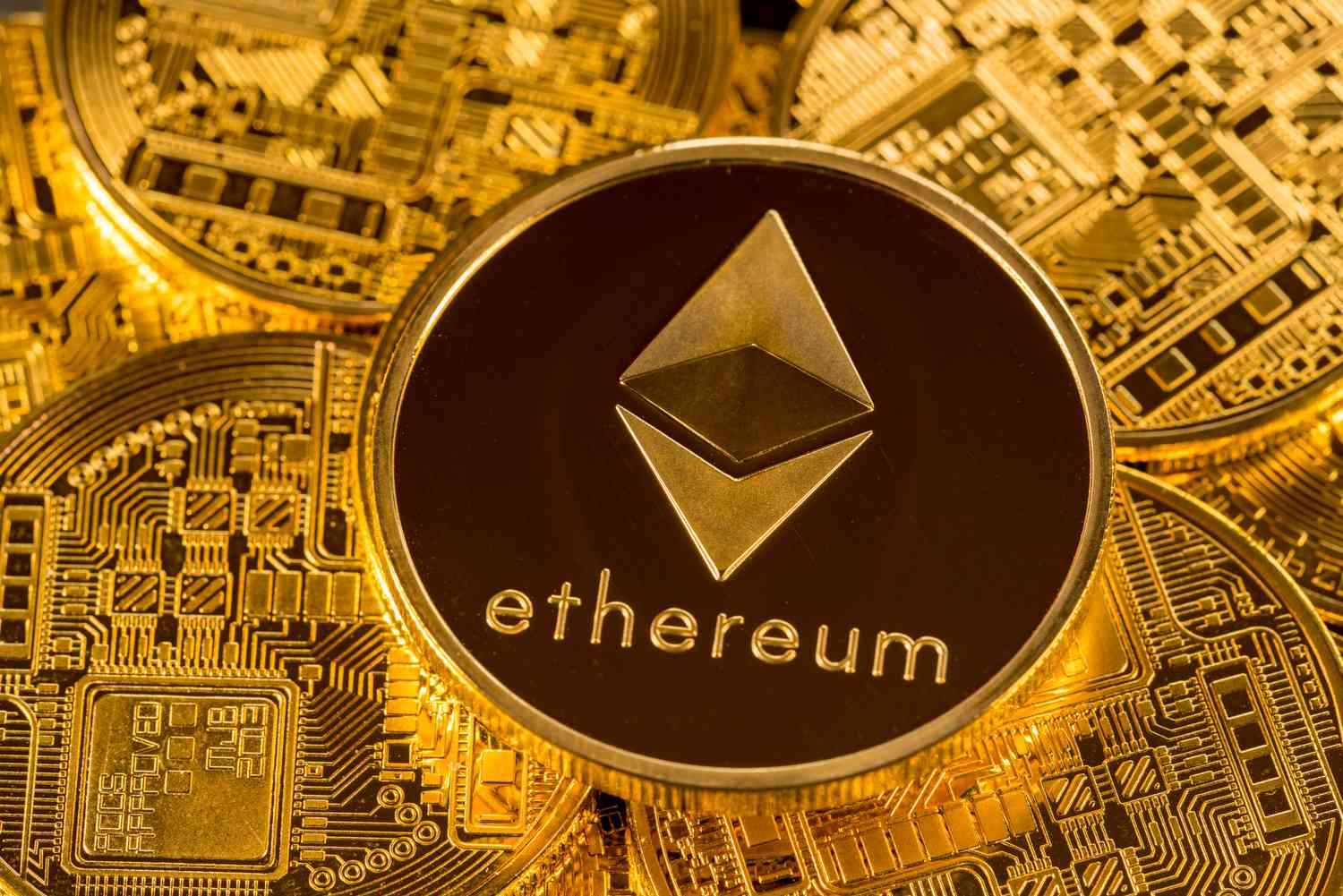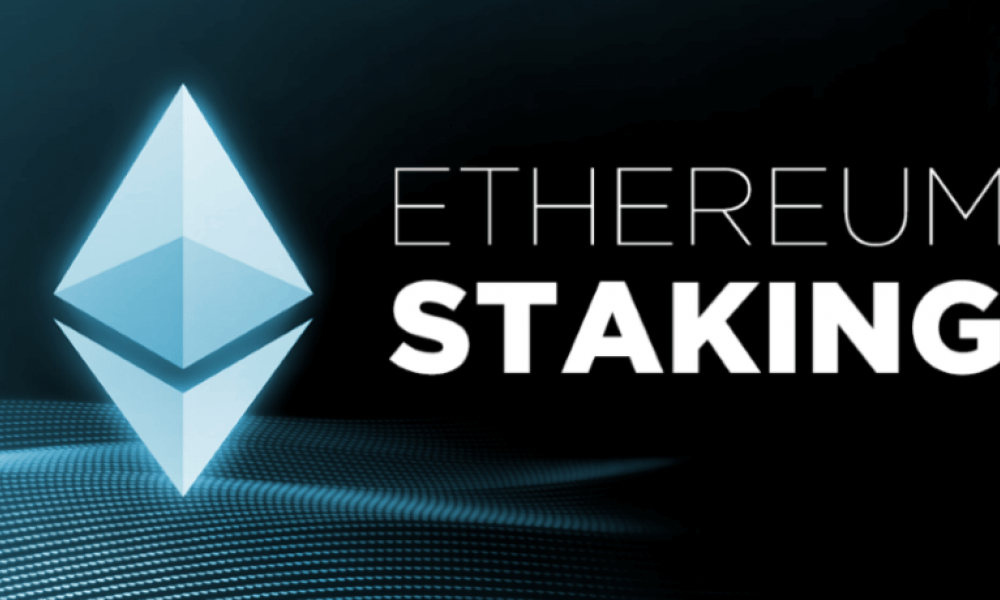The digital asset market is growing at a pace reminiscent of a high-speed train race in Japan – those who don’t board on time risk being left on the platform. To understand its nature, the best books on cryptocurrency are needed, providing a clear picture of the technology, economics, and rules of the game. Paper and electronic pages in this segment not only convey information but also shape a way of thinking. It helps to work with capital in conditions of decentralization.
Why Blockchain Books Outperform Any Course
Hundreds of videos and webinars promise quick results, but a fundamental foundation is built differently. Blockchain books reveal the structure of a distributed ledger, encryption principles, and consensus algorithms. This format allows for a deeper understanding of why the Bitcoin network can handle millions of transactions. And the technology has remained resilient to attacks for over 15 years.

Good literature provides systematicity: the reader sees the interconnection of blocks, nodes, and system participants. Understanding this makes it easier to assess wallet security, exchange reliability, and the prospects of a new token in the market.
Top Best Books on Cryptocurrency with Proven Value
The world of finance loves clear rankings. A top list of publications can be compiled based on three criteria: depth of analysis, practical utility, and data relevance. The leaders are works that are read by investors with 20 years of experience. And by newcomers looking for what to read about cryptocurrency.
One example is a publication in which the author explains blockchain mechanics through economic models, comparing digital money with historical forms of capital. Another is a book where an expert thoroughly dissects the psychology of an investor dealing with a volatile asset.
Books for Beginners on Cryptocurrency: Starting Without Chaos
Beginnings are always risky: the market is full of temptations, and mistakes here cost more than in traditional finance. Literature for beginners helps to chart a safe course. It explains the difference between mining and trading, teaches how to protect a wallet from phishing, and shows how decentralization shapes new trust formats.
Examples where one transaction saved capital while another wiped it out are better absorbed than dry theory.
Split Market: From History to the Future
The history of cryptocurrency begins with the Bitcoin white paper, describing the concept of an independent payment system. Understanding this starting point helps better assess the future of technologies and possible regulatory scenarios.
Today’s market unites different segments – from decentralized finance (DeFi) to NFTs, from classic mining to staking. Quality materials from the selection provide an opportunity to see not only the current state of the system but also to assess what resources will be needed for scaling.
Best Books on Cryptocurrency: Practical Selection
Literature on digital currencies is diverse, but not all have equal value in forming a solid expert base. Choosing quality sources accelerates the understanding of technologies and reduces the risk of errors at the start.
List of top publications:
- Mastering Bitcoin – Andreas Antonopoulos. The author dissects Bitcoin at the code level but makes it accessible.
- The Basics of Bitcoins and Blockchains – Antonopoulos et al. Concise and structured on technology, network, and security.
- Bitcoin Standard – Saifedean Ammous. The economic perspective of digital money and its connection to financial history.
- Digital Gold – Nathaniel Popper. The history of Bitcoin’s development through the stories of the people behind the technology.
- Cryptoassets – Chris Burniske and Jack Tatar. Market analysis, asset evaluation tools, investor strategy.
Each of these publications provides practical guidelines applicable in real work with digital assets. Studying them builds the skill of independent market analysis and confident capital management.
Technology and Security as the Foundation of Survival
Security is not just a strong password. In the world of cryptocurrency, capital protection includes controlling private keys, understanding social engineering methods, and network vulnerability awareness.
Reading specialized literature allows one to see technology without marketing noise. Blockchain creates value where it serves as more than just a loud word to attract investments.
The right choice of sources in the selection forms the ability to analyze any system – from transaction structures to large-scale economic processes.
The Role of an Investor in the Digital Ecosystem
An investor working with cryptocurrency balances between high returns and equally high risks. Books from the cryptocurrency literature selection show how to build a portfolio, allocate capital, and assess asset prospects in the long term.
They teach how to read charts, understand market liquidity, grasp the impact of regulation on token prices. Analyzing dozens of cases shows how technology changes the economy, creates new forms of money, and opens up opportunities unavailable in centralized systems.
Development Perspective and the Importance of Wise Literature Choices
Cryptocurrency has already ceased to be an experiment – it is integrating into the global financial system. Literature with a deep dive into decentralization, anonymity, and blockchain’s impact on transactions not only provides knowledge but also strategic vision.

The selection of the best books on cryptocurrency becomes a tool that allows navigating in a rapidly changing space, where the future of technologies depends on market participants’ readiness for adaptation and responsibility.
Best Books on Cryptocurrency: Conclusions
A thorough immersion in the subject starts with quality sources. The best books on cryptocurrency become a foundation for understanding the essence of digital money, blockchain principles, and interaction mechanisms within the network. They build competencies necessary for working in an area where capital, resources, and technologies change faster than the laws regulating them.
 en
en  de
de  ar
ar  es
es  hi
hi  fr
fr  nl
nl  it
it  pt
pt  el
el 









